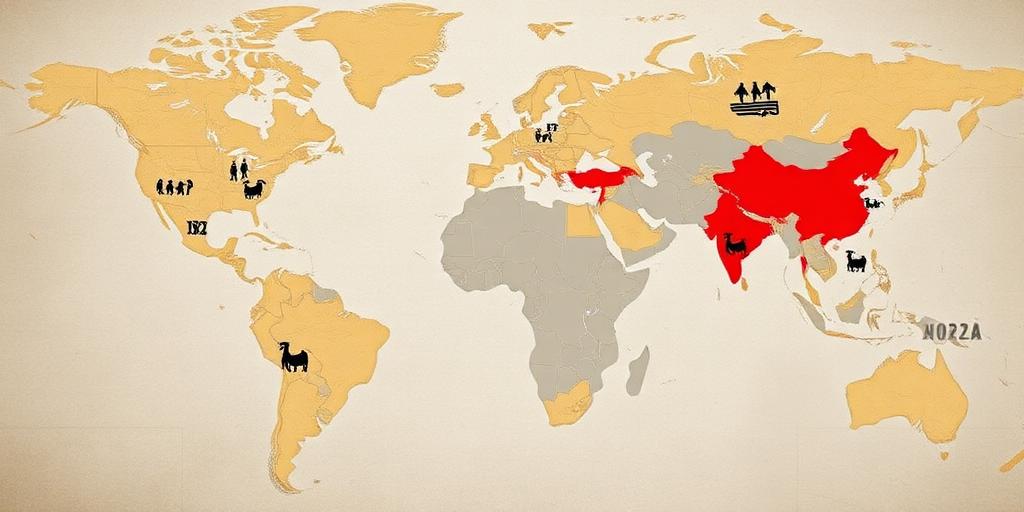A failed state is a political entity that can no longer perform its basic functions, such as law enforcement, security, and providing essential services to its citizens. This failure can arise from internal conflicts, economic collapse, or a combination of factors that overwhelm the government's capacity to maintain order. The consequences of state failure are far-reaching, not only affecting the population within its borders but also creating significant geopolitical implications.
One of the primary geopolitical consequences of failed states is regional instability. The collapse of central authority often leads to power vacuums, which can be exploited by various armed groups, including insurgents, militias, and transnational criminal organizations. These groups compete for control, leading to protracted conflicts that spill over into neighboring countries. The resulting refugee flows, cross-border violence, and humanitarian crises can destabilize entire regions, straining international relations and requiring intervention from external actors.
Failed states also become breeding grounds for extremism and terrorism. Terrorist organizations thrive in ungoverned spaces, where they can recruit, train, and plan attacks without fear of reprisal. These groups exploit the grievances and vulnerabilities of the local population, offering an alternative source of governance and social services. The threat of terrorism emanating from failed states extends far beyond their borders, posing a significant challenge to international security and requiring coordinated efforts to counter.
Furthermore, failed states can disrupt international trade and economic stability. The breakdown of law and order, corruption, and the absence of regulatory frameworks create an inhospitable environment for investment and economic activity. This can lead to the collapse of industries, loss of jobs, and widespread poverty, further exacerbating social unrest and instability. The disruption of trade routes and supply chains can also have ripple effects on the global economy, affecting countries far removed from the immediate crisis.
The international community faces numerous challenges in addressing the geopolitical consequences of failed states. Intervention can be costly, complex, and politically sensitive. There is often a lack of consensus on when and how to intervene, and the involvement of external actors can inadvertently worsen the situation. Building state capacity and promoting good governance in fragile contexts requires long-term commitment, resources, and a deep understanding of the local dynamics.
In conclusion, failed states pose significant geopolitical challenges that demand attention and concerted action from the international community. The consequences of state failure extend far beyond national borders, impacting regional stability, international security, and the global economy. Addressing these challenges requires a comprehensive approach that combines diplomatic engagement, security assistance, economic development, and long-term commitment to building stable and resilient societies.









